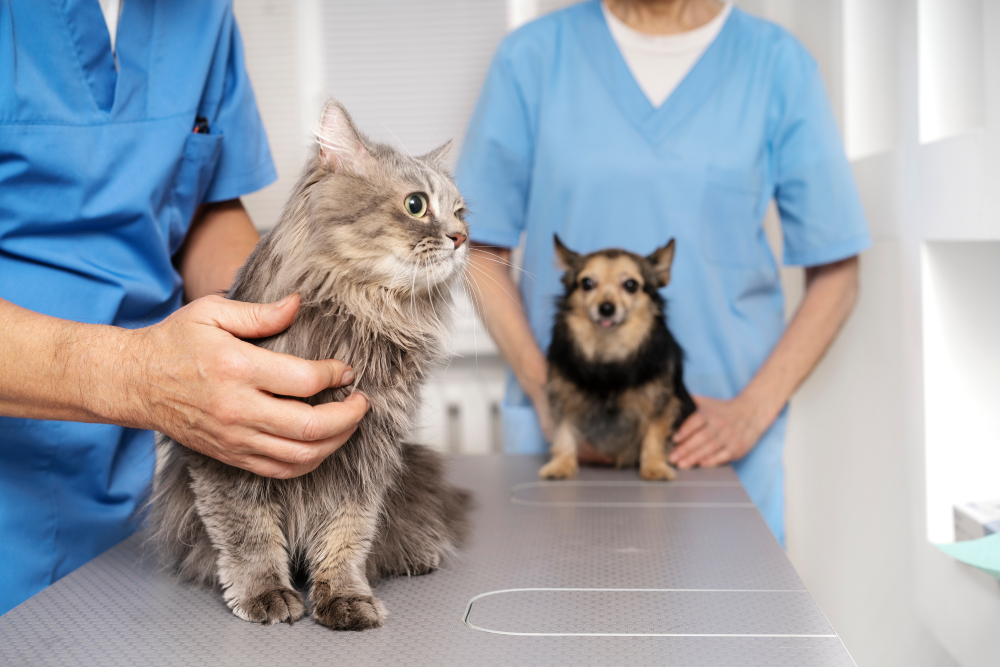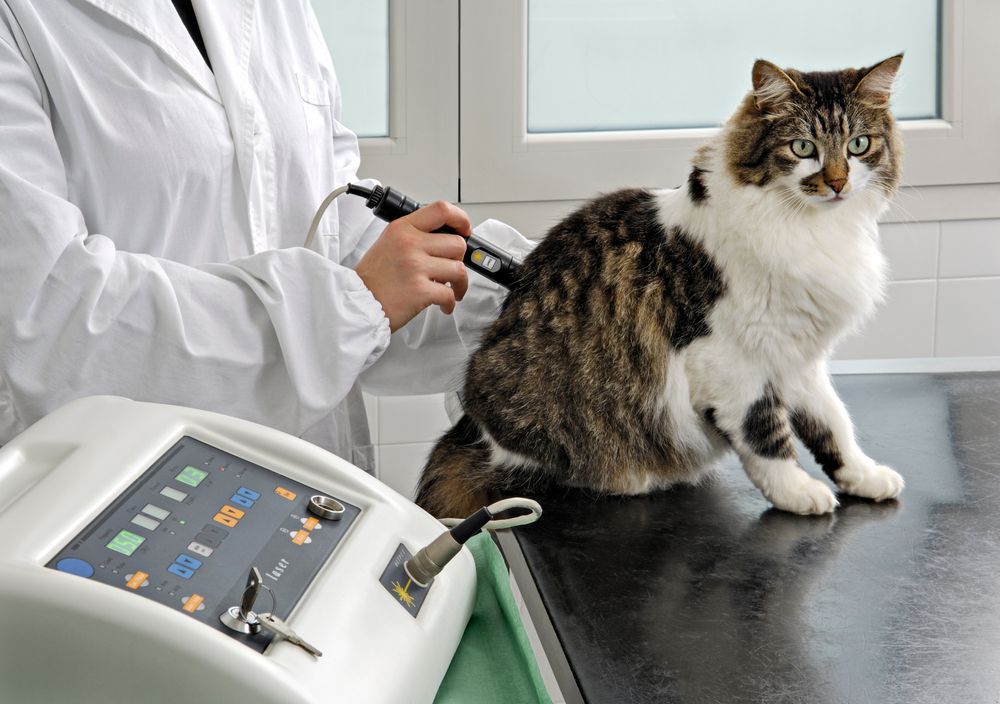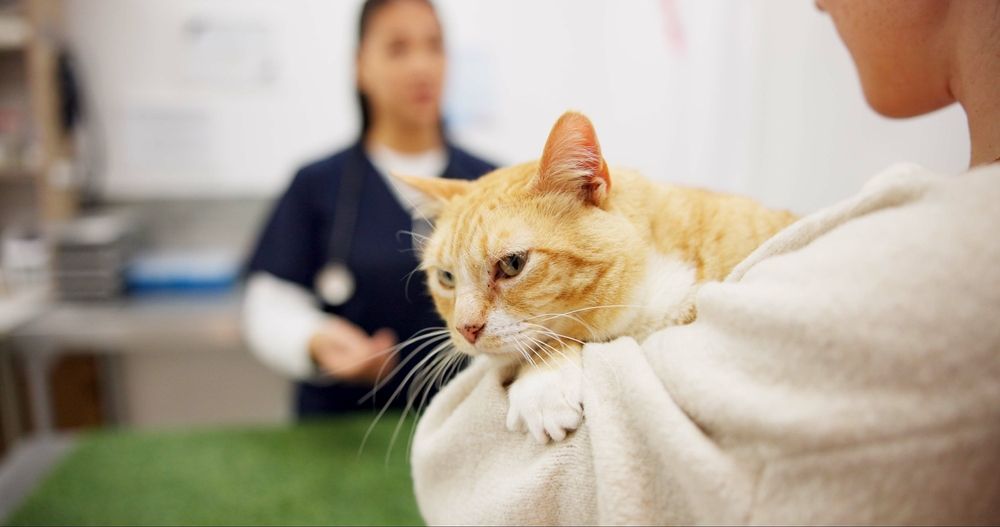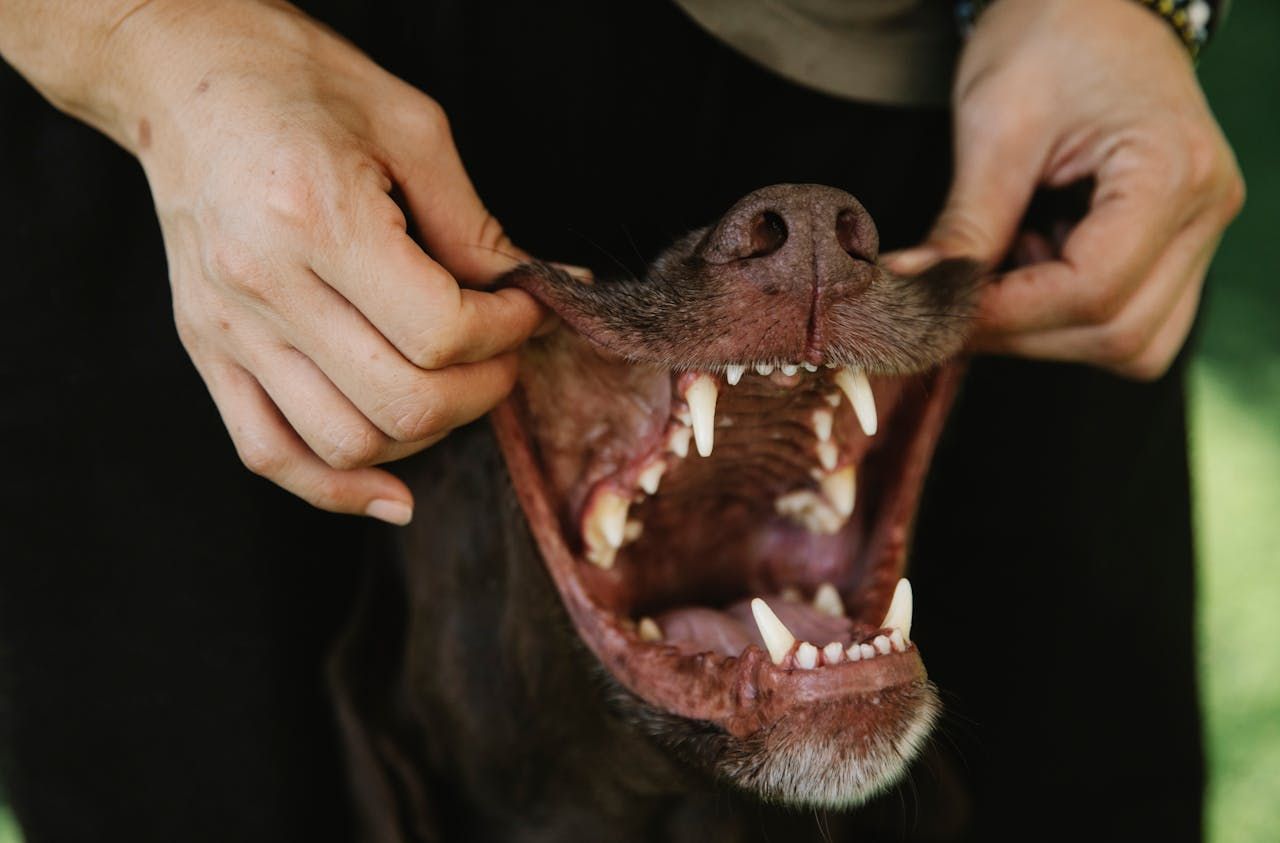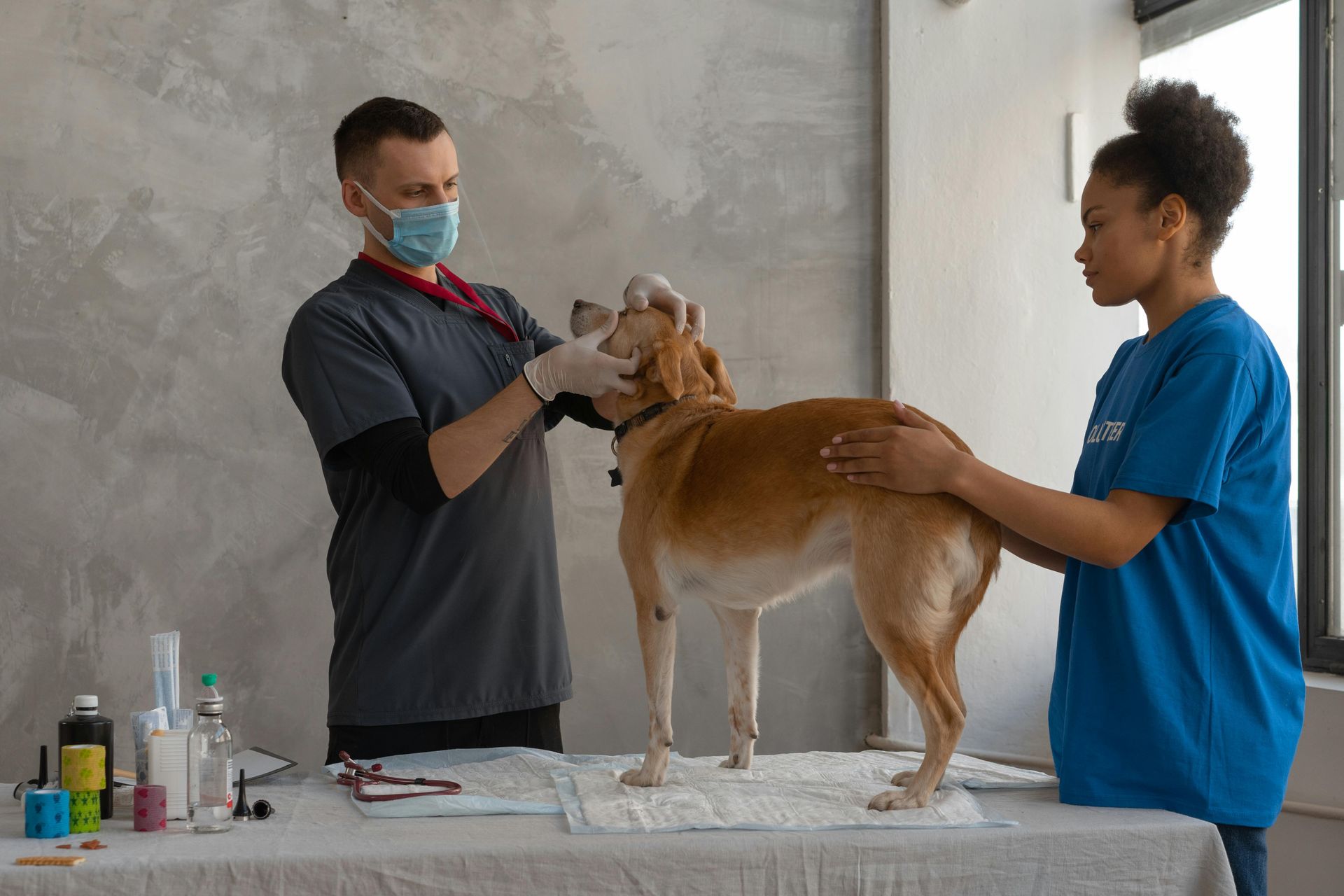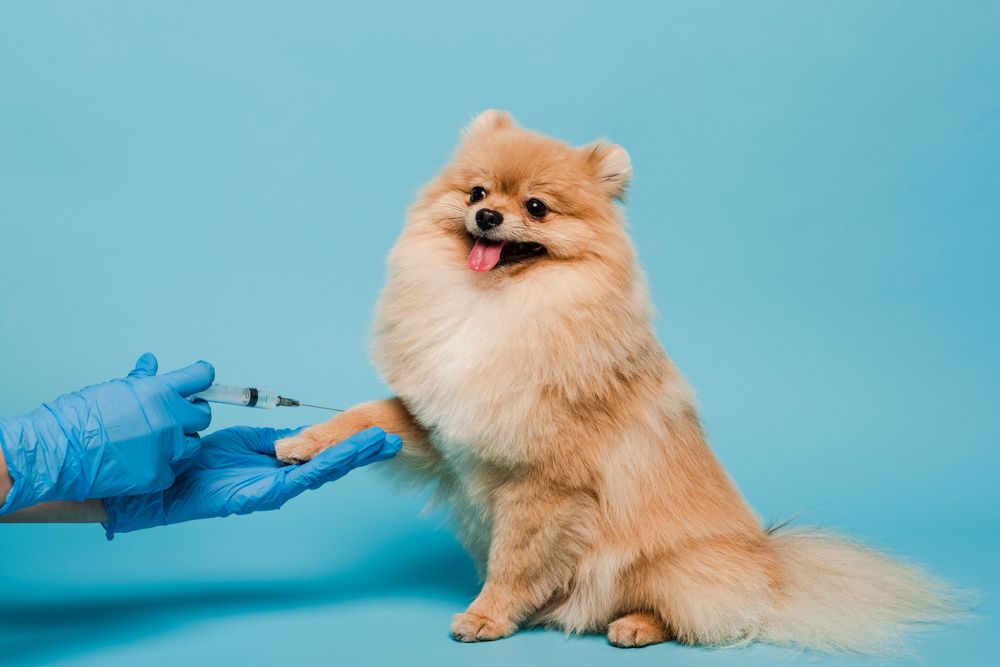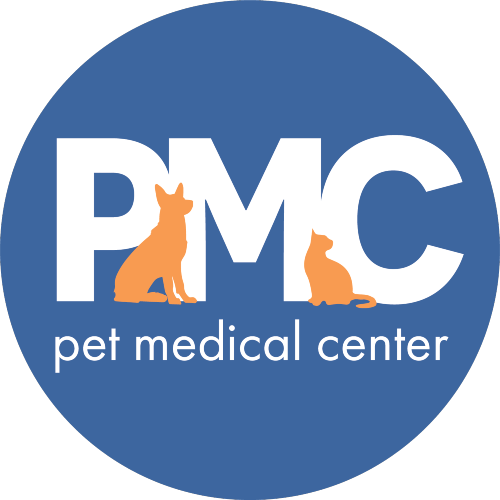The Importance of Dog Vaccinations: Keeping Your Pet Healthy and Happy
As a dog owner, your furry friend’s health is likely one of your top priorities. One of the most crucial steps in ensuring their well-being is staying up-to-date with dog vaccinations. These preventive measures are not just a routine part of veterinary care—they are essential for protecting your pet from potentially life-threatening diseases. Let’s dive into why dog vaccinations and dog shots are vital for your pet’s health, happiness, and longevity.
What Are Dog Vaccinations and Why Are They Important?
Dog vaccinations are medical preparations that stimulate your pet’s immune system to recognize and combat specific pathogens. Essentially, these vaccines teach your dog’s body how to fight off certain diseases before they have a chance to take hold. Dog shots, whether administered as core or non-core vaccines, play a pivotal role in shielding your pet from illnesses like rabies, parvovirus, and distemper.
Vaccines work by introducing a harmless form of the disease-causing organism into your dog’s system. This triggers the production of antibodies, which act as the body’s defense mechanism. If your dog is ever exposed to the actual disease later on, their immune system will already know how to respond effectively. Without these critical dog vaccinations, your pet could be vulnerable to severe illnesses that are often difficult—and expensive—to treat.
Core vs. Non-Core Dog Shots: What Does Your Pet Need?
When it comes to dog shots, veterinarians typically classify them into two categories: core and non-core vaccines.
- Core Vaccines: These are essential for all dogs, regardless of their lifestyle or environment. Core dog vaccinations include protection against rabies, canine distemper, parvovirus, and adenovirus. These diseases are highly contagious and often fatal if left untreated.
- Non-Core Vaccines: These are optional and depend on your dog’s specific risk factors. For example, if your pet frequents dog parks or boarding facilities, they may need non-core vaccines like Bordetella (kennel cough) or Leptospirosis.
Your veterinarian will evaluate factors such as your dog’s age, breed, health status, and lifestyle to determine which dog shots are necessary. This tailored approach ensures that your pet receives optimal protection without unnecessary interventions.
The Lifesaving Role of Puppy Shots
Puppies are particularly vulnerable to diseases because their immune systems are not fully developed. Puppy shots are a series of vaccinations given during the first few months of life to provide initial immunity against common diseases. These early-stage dog vaccinations are critical for preventing illnesses like parvovirus—a disease that can cause severe dehydration and even death in young dogs.
Puppy shots typically begin at six to eight weeks of age and continue every three to four weeks until about 16 weeks old. The schedule includes core vaccines like distemper and parvovirus as well as optional shots based on exposure risks. By adhering to this vaccination schedule, you’re setting the foundation for a healthy adulthood for your furry companion.
How Dog Vaccinations Protect Your Family
Dog vaccinations don’t just safeguard your pet—they also protect you and your family from zoonotic diseases (illnesses that can be transmitted from animals to humans). Rabies is a prime example; it’s fatal in both animals and humans but entirely preventable with proper vaccination.
Additionally, unvaccinated pets can become carriers of diseases that may spread to other animals in the community. By keeping up with routine dog shots, you’re contributing to public health by preventing outbreaks of contagious diseases among pets and people alike.
Debunking Myths About Dog Shots
Despite their proven benefits, some pet owners hesitate to vaccinate their dogs due to misconceptions about safety or necessity. Let’s address some common myths:
- “My indoor dog doesn’t need vaccines.”
Even if your dog rarely goes outside, they can still be exposed to airborne viruses or pathogens brought into the home on shoes or clothing. Core dog vaccinations remain essential for indoor pets. - “Vaccines cause more harm than good.”
While mild side effects like soreness at the injection site can occur, serious complications from dog shots are exceedingly rare. The benefits far outweigh the risks when it comes to preventing life-threatening diseases. - “Once vaccinated, my pet is protected for life.”
Immunity from some vaccines wanes over time, requiring booster shots to maintain effectiveness. Regular vet visits ensure that your pet stays protected throughout their life.
The Financial Benefits of Preventive Care
Treating a preventable disease can be costly—not just financially but emotionally as well. Investing in routine dog vaccinations is far more affordable than dealing with emergency treatments for conditions like parvovirus or distemper.
For example:
- Treating parvovirus can cost thousands of dollars due to hospitalization and intensive care.
- A single rabies shot costs significantly less than post-exposure treatments for humans who come into contact with an infected animal.
By staying proactive with dog shots, you’re not only protecting your pet but also saving yourself from potential financial strain down the line.
Common Diseases Prevented by Dog Vaccinations
Dog vaccinations protect against a variety of serious illnesses:
- Rabies: A fatal neurological disease that affects both animals and humans.
- Canine Distemper: A virus that attacks the respiratory, gastrointestinal, and nervous systems.
- Parvovirus: A highly contagious virus causing severe vomiting and diarrhea.
- Adenovirus: Causes respiratory infections or liver inflammation.
- Bordetella (Kennel Cough): A bacterial infection leading to persistent coughing.
- Leptospirosis: A bacterial disease spread through contaminated water or soil; it can also infect humans.
Each of these diseases poses unique risks but shares one thing in common—they’re largely preventable with timely dog shots.
Tailoring Vaccination Schedules for Adult Dogs
As dogs age, their vaccination needs may change based on lifestyle factors or health conditions. Adult dogs typically require booster shots every one to three years for core vaccines like rabies and distemper. Non-core vaccines may be administered annually depending on risk exposure.
Routine check-ups with your veterinarian are crucial for adjusting vaccination schedules as needed. This personalized approach ensures that your pet remains protected without over-vaccination.
How Pet Medical Center Can Help
At Pet Medical Center (PMC), we understand that every pet is unique—and so are their healthcare needs. Our team is dedicated to providing customized vaccination plans tailored specifically for your furry friend’s lifestyle and risk factors.
Whether it’s puppy shots for a new addition to the family or booster doses for an adult pet, our experienced veterinarians prioritize preventive care to keep your companion healthy and happy.
Dog vaccinations are more than just routine procedures—they’re an investment in your pet’s long-term health and happiness. By staying consistent with recommended dog shots, you’re giving your furry friend the best possible chance at a disease-free life while also protecting those around them.
So don’t wait—schedule an appointment with Pet Medical Center today! Let us help you navigate the world of dog vaccinations so you can focus on what truly matters: enjoying every moment with your beloved companion.
Pet Medical Center
1416 S Duff Ave, Ames, IA 50010
(515) 232-7204

